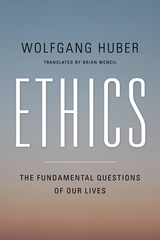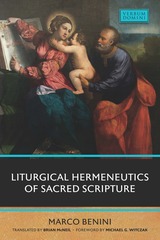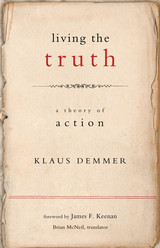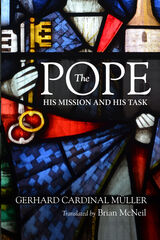
In the twenty-first century the basic questions of ethics are no longer the abstract terms of ethical theory, but the concrete and burning issues related to the influence of life sciences, the impact of a globalized economy, and the consequences of present decisions for the future of humankind. Ethics: The Fundamental Questions of Our Lives analyzes twenty ethical issues that address education and culture, labor and economy, the environment and sustainability, democracy and cosmopolitanism, peace and war, and life and death. Each chapter describes a concrete example showing the relevance of the fundamental ethical question, then provides an explanation of how one can think through possible responses and reactions. Huber emphasizes the connections between personal, professional, and institutional ethics and demonstrates how human relationships lie at the center of our ethical lives. His aim is to articulate a theology of what he calls "responsible freedom" that transcends individualistic self-realization and includes communal obligations.


How is moral theology related to pastoral theology? In this first English translation of Living the Truth, Klaus Demmer answers this question by offering a complete theory of action. Its crucial element is truthfulness, which Demmer claims is a basic attitude that must be translated concretely into our individual decisions. Demmer demonstrates that the demand for truthfulness offers a critical corrective to the usual praxis whereby ethical norms are formulated. This has significant consequences for every area of ethical directives, including questions about celibacy and partnerships.
Demmer moves away from the act-centered morality that dominates the neo-Scholastic manuals of moral theology. His concern is to show how our actions embody and carry out a more original anthropological project. Not only does this anthropological project condition our insights into goods and values, it provides the criteria by which our actions are judged morally. This book will be welcomed by all who are looking for ethical norms, and by all whose task it is to formulate such norms.


READERS
Browse our collection.
PUBLISHERS
See BiblioVault's publisher services.
STUDENT SERVICES
Files for college accessibility offices.
UChicago Accessibility Resources
home | accessibility | search | about | contact us
BiblioVault ® 2001 - 2024
The University of Chicago Press









